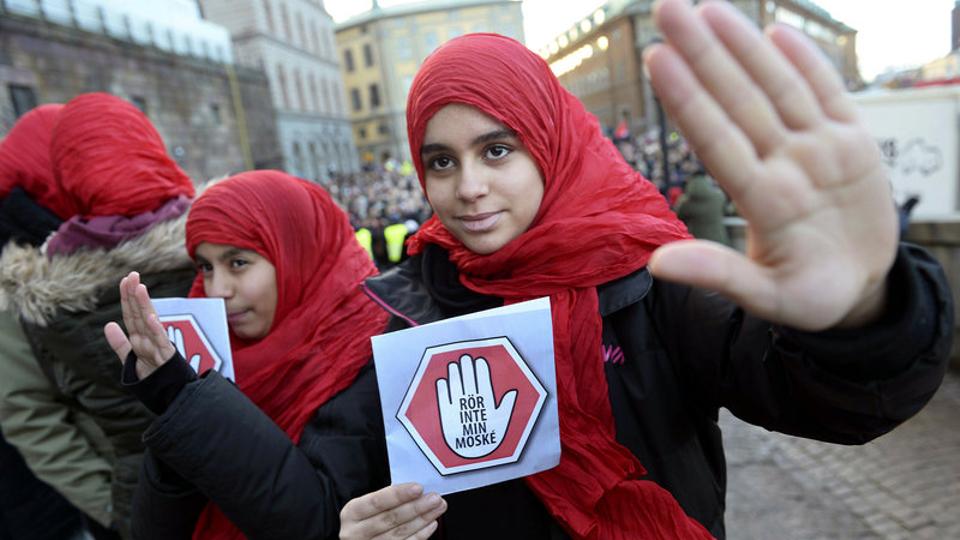Sweden: Court finds ban on hijab in schools illegal
the court upheld a previous decision by the Administrative Court

A Swedish Court of Appeal has found the ban on hijab in schools, introduced by the municipalities of Skurup and Staffanstorp, illegal.
Hereby, the court upheld a previous decision by the Administrative Court, emphasising that the ban contradicts both Swedish and international law.
- Pregnant woman, 2 others die in Lagos-Ibadan road crash
- New infrastructure to crash 1GB data price to N390 — Osinbajo
“Being allowed to practice or show one’s religion is something that is protected by both the Instrument of Government and the European Convention,” President of the Court of Appeal, Dag Stegeland, said in a press release.
Both Skurup and Staffanstorp municipalities had previously decided on a ban on wearing headscarves in school. In Skurup, the decision applies to both students and staff and in Staffanstorp only to students.
Both bans sparked hot media debates. While liberal and left-leaning politicians and opinion makers sternly condemned the bans they viewed as oppression and an encroachment of freedom of religion and women’s rights, proponents of the bans said they upheld secular traditions and struck a blow against religious oppression of women, which doesn’t belong in feminist Sweden.
According to the court, covering one’s head or hair can be motivated by religious belief and is seen as part of the individual’s religious practice or as an expression of the individual’s freedom of expression.
Stegeland said the protection of religious freedom in the Instrument of Government is absolute.
“The fact that the Education Act states that the school education must be non-denominational is about the teaching, not what clothes you are allowed to wear. Restricting religious freedom in the way the municipalities have done thus lacks constitutional support in Swedish law,” Stegeland added.
The number of Muslims in Sweden has soared in recent decades, from several hundred in the 1950s to over 800,000 in a country of over 10 million today.
